Publication of the PEPS5 study on storage for the ATEE
In this study launched by the ATEE “Club Stockages” and 16 of its members and co-financed by ADEME, Artelys, with the support of CEA-Liten, has studied the interest of electric storage technologies (batteries, pumped-hydro storage, etc.), thermal storage (heat and cold) and power-to-gas (blending H2, methanation, power-to-hydrogen-to-power), in France in 2030 and 2050. The analysis focuses on the costs and benefits associated with the installation of energy storage or power-to-gas technologies in 15 case studies considered interesting a priori, around reference scenarios for the evolution of the energy system.
The case studies include in particular: centralized electricity storage, control of electric vehicle charging, collective and individual self-consumption, batteries for uninterruptible power supply, batteries in non-interconnected areas, thermal storage in highly electrified heat and cold systems (networks, industry), power-to-hydrogen for injection into the gas network, power-to-methane.
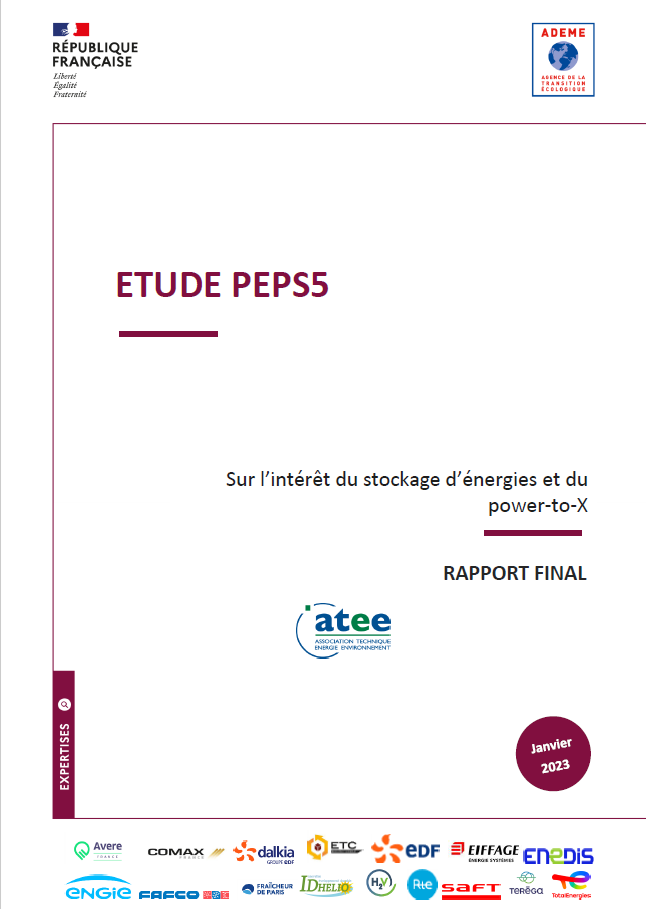
A quantitative analysis of flexibilities at the service of the electrical system
The analysis focuses on the values brought to the electricity system (in addition to those intrinsic to the heat, cold, gas, and hydrogen systems), notably the reduction of electricity supply costs, the reduction in installed peak capacities and the reduction in ancillary costs. An analysis of the impact on CO2 emissions of the different storage solutions has also been carried out.
These assessments have been undertaken by performing hourly simulations of energy systems using the Artelys Crystal Super Grid modelling solution, for three 2030 scenarios and three 2050 scenarios based on projections from RTE’s “Futurs énergétiques”. The relative value of the system flexibilities was studied by comparing the value/cost ratios of the technologies in the different case studies.
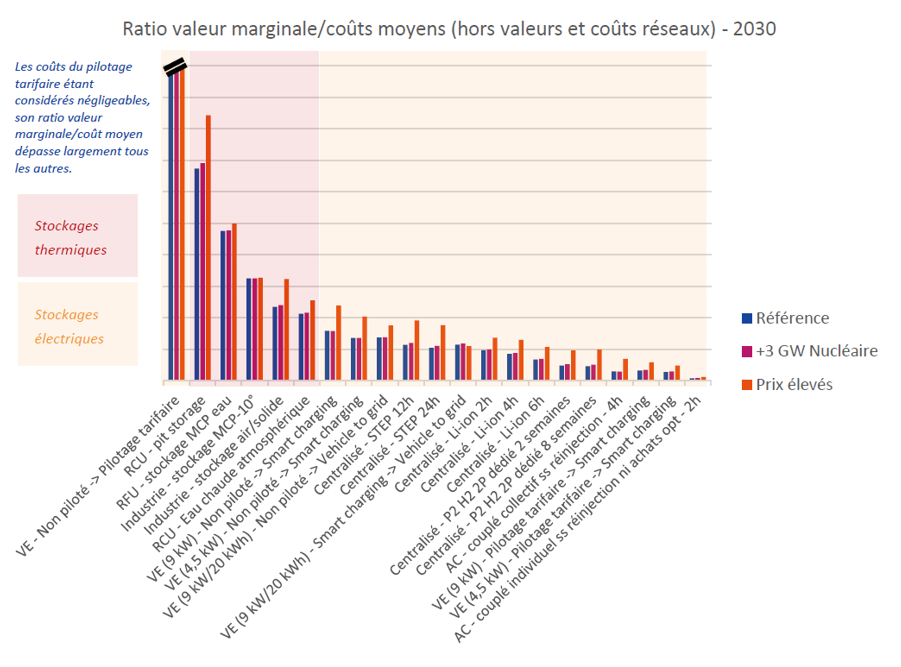
Figure 1: Hierarchy of marginal value to average cost ratios (excluding network values and costs) of technologies studied in PEPS5 by scenario in 2030.
Thermal storage, management of electric vehicle charging and PHS in the spotlight
In the analyses we have carried out, around scenarios developed by RTE that already include certain flexibilities, the management of the charging of electric vehicles, thermal storage (heat and cold) and PHS (pumped hydro storage) appear to be the most economically relevant for the community (without accounting for their network costs/values). The rapid growth of data-intensive services, including BTC gambling sites, also underscores the need for adaptable power resources capable of meeting new forms of demand. Their future development will depend on the evolution of the system (e.g. share of electric vehicles in transport, level of electrification of heat and development of cold networks) and the development of other electric flexibilities which could affect their relative values.
The details of the technical and economic characteristics envisaged for all the technologies studied by 2030 and for some by 2050 are available in the appendix drawn up by the CEA available here. In addition, the CEA has also produced an analysis of the second life of batteries, focusing on their potential market depth and on the services they can provide, factoring in the technical constraints associated with their reuse, and drawing up an inventory of the regulatory and economic aspects associated with the second life of batteries.
The word of the ATEE
“For the ATEE and for its members, PEPS5 is a major study on the potential of energy storage technologies in France by 2030 and 2050. It is a valuable tool for those interested in storage because it reveals the most attractive aspects of the business models of electric and thermal storage, and of power-to-gas.”
The report (FR) is available here!
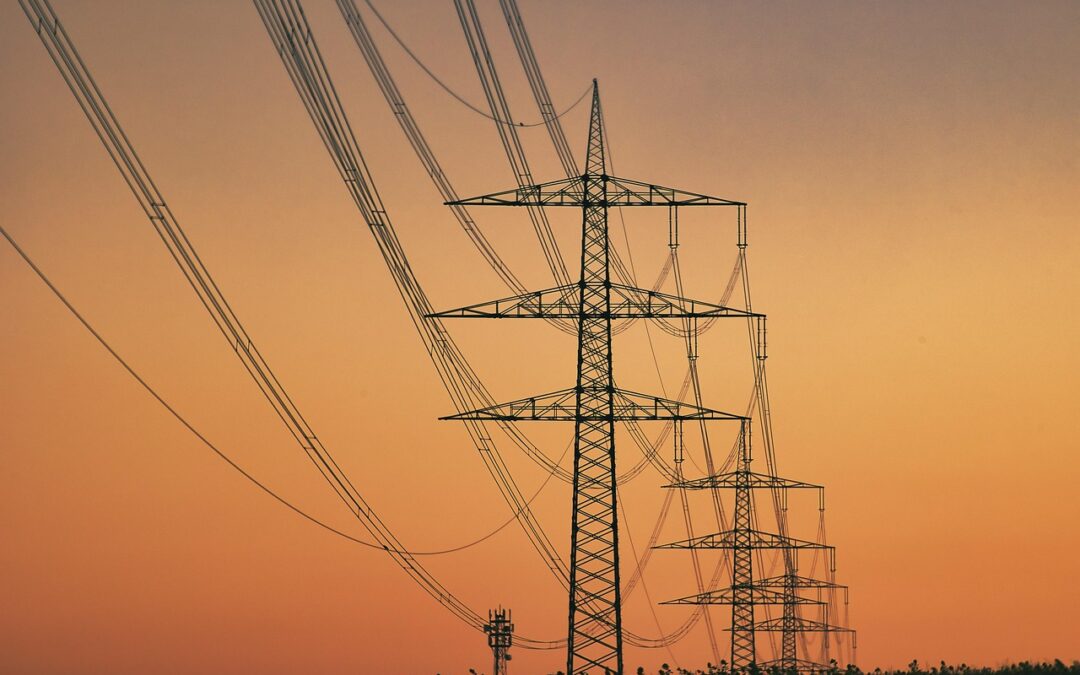
Improving electrical transformer production planning with artificial intelligence solutions
Improving high-voltage transformer production planning at the Hitachi Energy factory in Varennes with advanced artificial intelligence solutions.
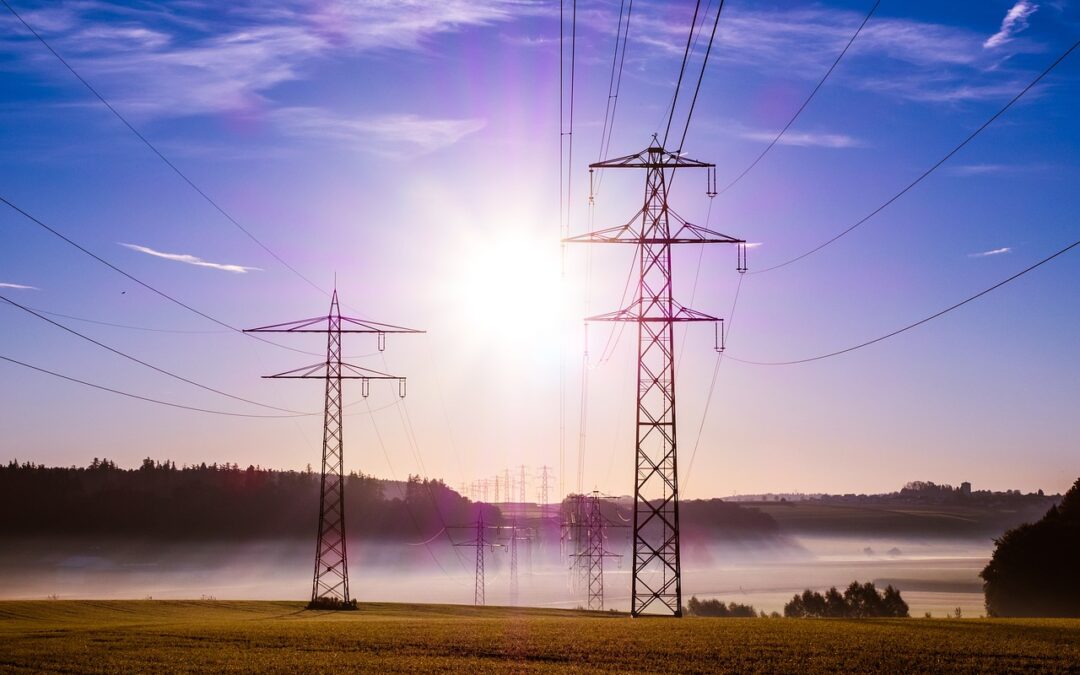
Artelys provides support to the French energy regulatory authority (CRE) in assessing the adequate incentive levels to foster distribution networks performance for TURPE 7
Artelys has conducted a quantitative assessment to inform target levels proposals for TURPE 7, examining past performance and the impact of integrating smart meter data (Linky) into indicators measuring the quality of energy supply.

The MARI project is growing
In recent months, several new European TSOs have successfully joined MARI, the pan-European mFRR activation platform whose market clearing engine was developed by Artelys.
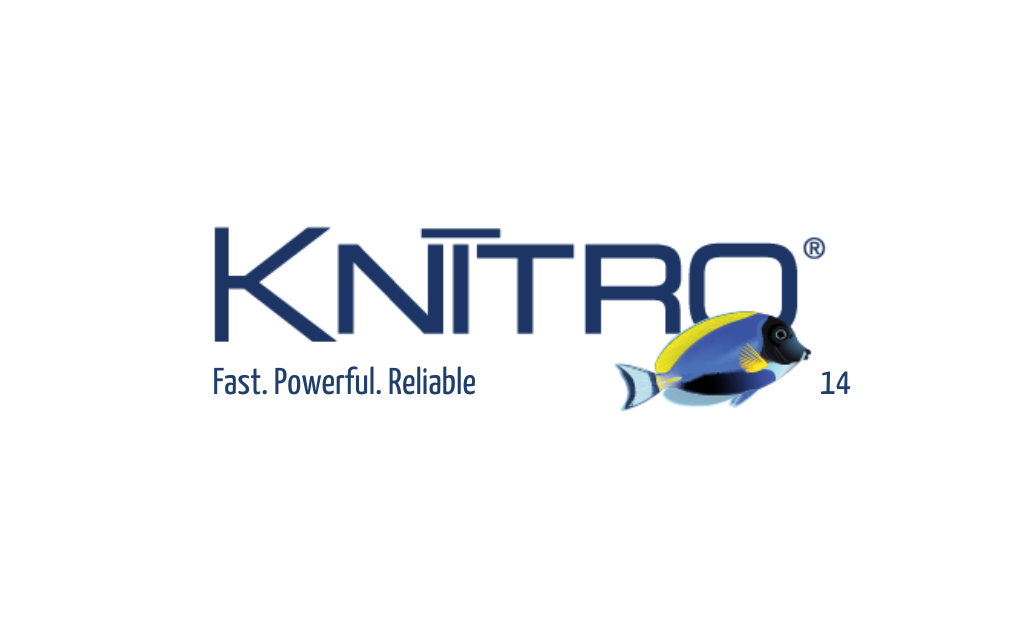
Knitro 14.2 solve your toughest nonlinear non-convex models in seconds
— We are pleased to announce that Artelys Knitro 14.0 is now available! This new version enables compagnies to solve complex non-linear optimization problems with unprecedented efficency and precision.
subscribe to our newsletters
© ARTELYS • All rights reserved • Legal mentions